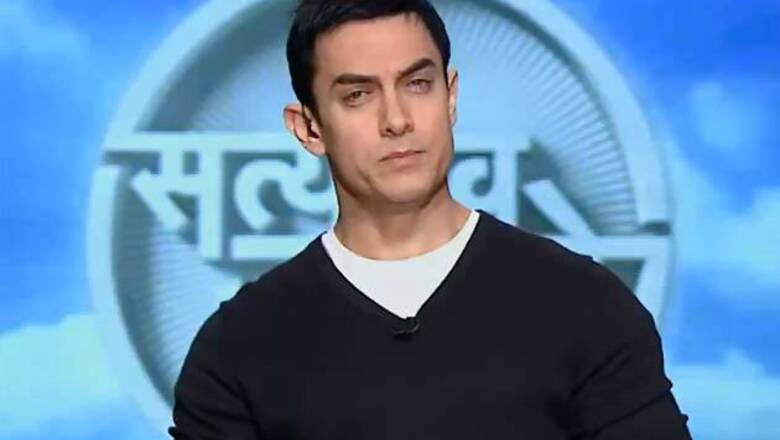
views
New York: Satyamev Jayate, an issue-based television show hosted by Bollywood actor Aamir Khan, is headed to China after Star India sold the rights of the popular show to a production company there. "When we did the first season of Satyamev Jayate, we got inquiries from many parts of Asia and some parts in Africa.
But the country from where we saw the maximum interest was China and we have just sold the rights of the show to a production company in China," Star India CEO Uday Shankar told a session organised by the Paley Media Centre on Friday.
While no further details were given about how the show would be aired in China, Shankar later said that the rights were sold under syndication where a party in China was interested in the show and took its rights.
He also said that the show would not have happened if it was not for the support of 21st Century Fox co-COO James Murdoch, who was present at the Paley Centre event. Shankar said he was told by his company's executive that he was "going totally out of line" when he discussed the concept of Satyamev Jayate, a talk show first aired in 2012 and conceptualised to shine light on sensitive social issues. Shankar spoke with Murdoch and asked if he had his approval to go ahead and "risk this whole investment."
"He (Murdoch) said 'we would live'," Shankar said as the audience broke into laughter. He said the network is working on a new season of Satyamev Jayate that will be aired soon. "The show requires immense amount of research. We are working on that. Hopefully there will be a new season soon," he said.
Murdoch in his address said Star's path in India has not always been easy and the market is still very complicated. He, however, said that Satyamev Jayate has become "phenomenon" in India and "galvanised" the nation by shining a light of some of India s most sensitive social issues and taboos like female foeticide, inter-caste marriage, child sex abuse and voting corruption.
Shankar is the first CEO from the Indian media and entertainment industry to address the prestigious media council. Sharing his thoughts behind conceptualising Satyamev Jayate and its impact on the society, Shankar said Star India felt that "economic changes, if they were completely divorced from the social perspective could be unhealthy, especially in a country like India, with so much diversity.
"Satyamev Jayate was the beginning of a journey...India was now ready, our viewers were ready... to take that big leap and that's how came Satyamev Jayate, where we decided that we will sharply, in each episode focus on some of the things that must change in this country while all kinds of economic and social changes keep happening," Shankar said.
"We believe that all content that we create is corporate social responsibility seriously," he added. He said that he received support to pursue the agenda that "we should challenge status quo." Whatever is not right in the country, whatever needs to change for people in the country. We have never thought of going and telling them what they should be doing next. "Our job is to focus the spotlight on what we believe needs to be questioned, what needs to be observed closely and questioned. And that s where we leave it. That s exactly what we have done with our content, whether it s our entertainment content or finally Satyamev Jayate."
He also talked about the changes that the show helped bring in society, including some states setting up fast track courts to settle cases of rape and awareness about female foeticide. On a question about expectations from the new Indian government to help women entrepreneurs, Shankar said: "It's early days of the new Indian government and we are all very excited about the new government. I think the new government is very focused on that, it has the highest representation of women ministers, compared to any government since independence. Thirty per cent of the cabinet ministers are women, so we think this by itself should give an impetus to the whole process of change."
Commenting on women as the driving character in Star shows and content programming, Shankar said, "The driver characters for change are women, primarily because we have felt that they are the biggest ambassadors of change and proselytizers in their own context."










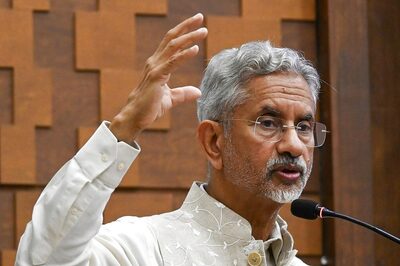
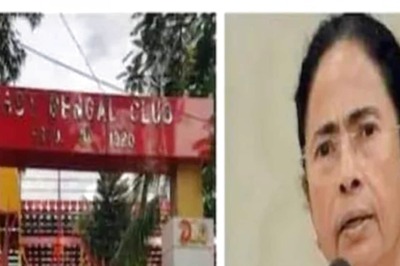

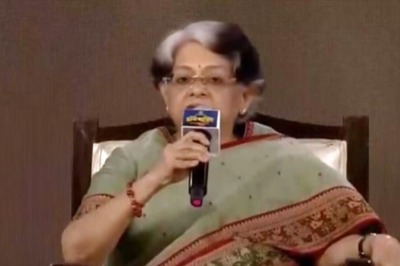


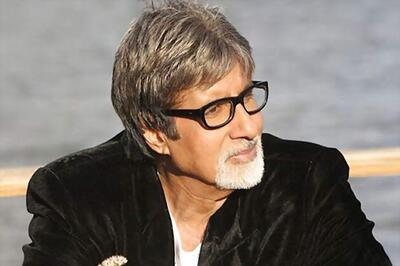

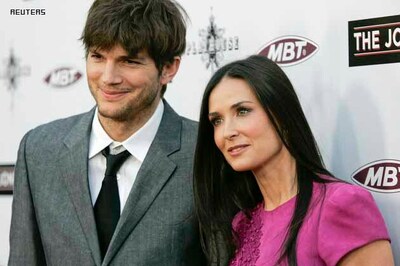

Comments
0 comment